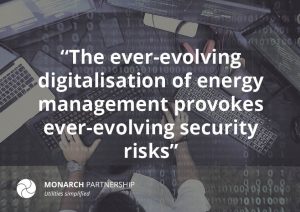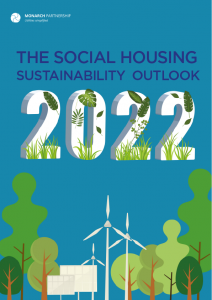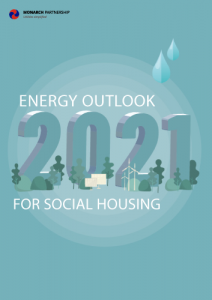Energy management software & cybersecurity
Energy management processes are becoming increasingly digitalised, from e-auctions and the introduction of blockchain in the industry, to new energy management software and smart meters. The involvement of artificial intelligence (AI) is something else which is becoming more prevalent in the energy world, along with discussions surrounding the Internet of Things and interconnection between smart devices. Advances in technology inevitably lead to cyberattacks, threats to data protection, and generally create another area of worry for consumers. However, if we can begin to tackle some of these issues, it’s clear to see that the phenomenon of digitalisation and technological advancements in the energy industry is largely positive. Our “Digitalisation of Energy Management” series looks at the impacts of new technology on the energy industry and what we can expect in the future.
Energy management software (EMS) is the name used to refer to a variety of systems and applications which help companies to control their energy usage, procurement and expenditure, amongst a long list of other functions. These can range from reports produced, real-time consumption data, creation of graphs and tables from energy data, and setting energy goals and tracking progress towards them. EMS often facilitates bill validation, budgeting, forecasting, KPI reminders, and the tracking of consumption. Sustainability is becoming a greater issue for businesses all the time, as it contributes to their Corporate Social Responsibility ranking, as well as saving them money on energy bills. EMS can help businesses to record their CO2 emissions and identify the most polluting areas of their premises, making it easier to set goals and targets for reductions in greenhouse gas emissions and energy consumption. Ultimately, EMS assists its end users in optimising their energy usage, saving money, and gathering data to help them better understand ways to become more efficient.

Cybersecurity
With technological advancements in the energy industry comes the need for enhanced cybersecurity, in order to protect both consumers and their data. The ever-evolving digitalisation of energy management provokes ever-evolving security risks, and it can therefore be difficult to keep up with protection methods. Cybersecurity protects internet-connected systems, and maintains the confidentiality and availability of data. The National Institute of Standards and Technology recommends moving towards 24/7 monitoring and real-time assessments, as the risk of cyberattacks steadily rises. Often, organisations only optimise their systems once they have been breached, but the focus should now be on protecting their EMS, rather than patching up the damage done following an attack.
It is not only individual organisations that are at risk of cyberattacks – energy companies themselves are now often a target for hackers. They have been subject to a huge increase in the number of successful cyberattacks targeted at them in the past year. Potential consequences of a breach are disastrous, with the possibility of power being shut off for consumers in large areas. This can result in a loss of life, environmental damage, and have huge economic repercussions. The interconnection between smart grids poses a particular risk in terms of security, allowing multiple platforms to be accessed more easily by attackers. Some sources say that the risk of cyberattacks on large infrastructures is now of the same level as that of floods or fires. The ever-changing, unpredictable nature of technology in the energy industry only exacerbates these worries. As noted by Information Age, “a loss of data is concerning, but a loss of electricity and water is catastrophic to both business and society”. More recently, AI has been used to stop cyberattacks, working to improve organisations’ strategic planning and risk management.
Utilising EMS has a range of benefits, from saving energy – and therefore money – to improving organisations’ corporate social responsibility rankings. The breakdowns provided by the software can also help people better understand their personal energy use and begin to develop methods to reduce it or change their consumption habits. At Monarch, we specialise in helping our clients reduce their consumption and work towards greener operations. The energy industry’s next focus must be on tackling cyberattacks, in order to protect consumers’ data and mitigate the effects of future attacks.















